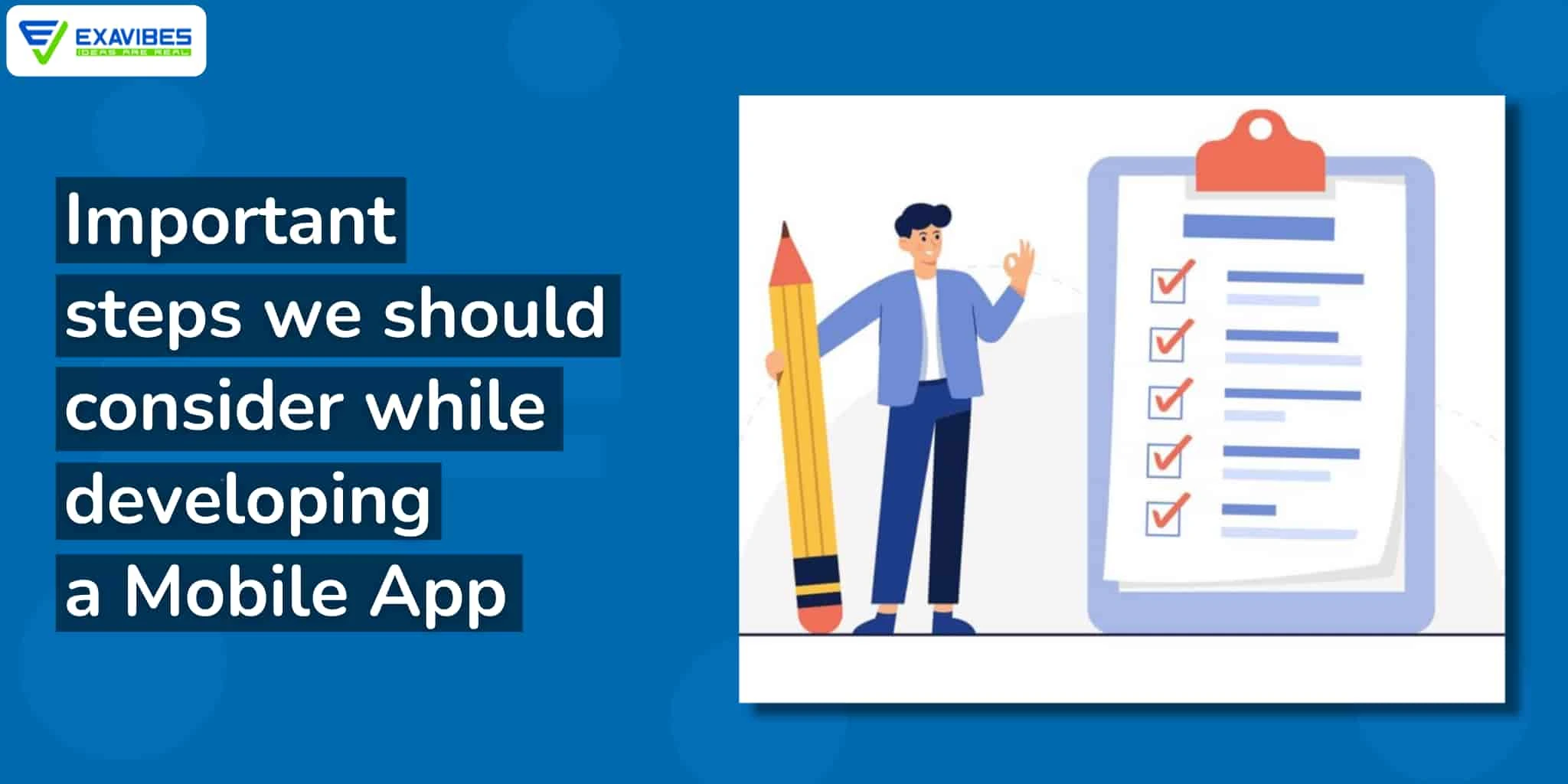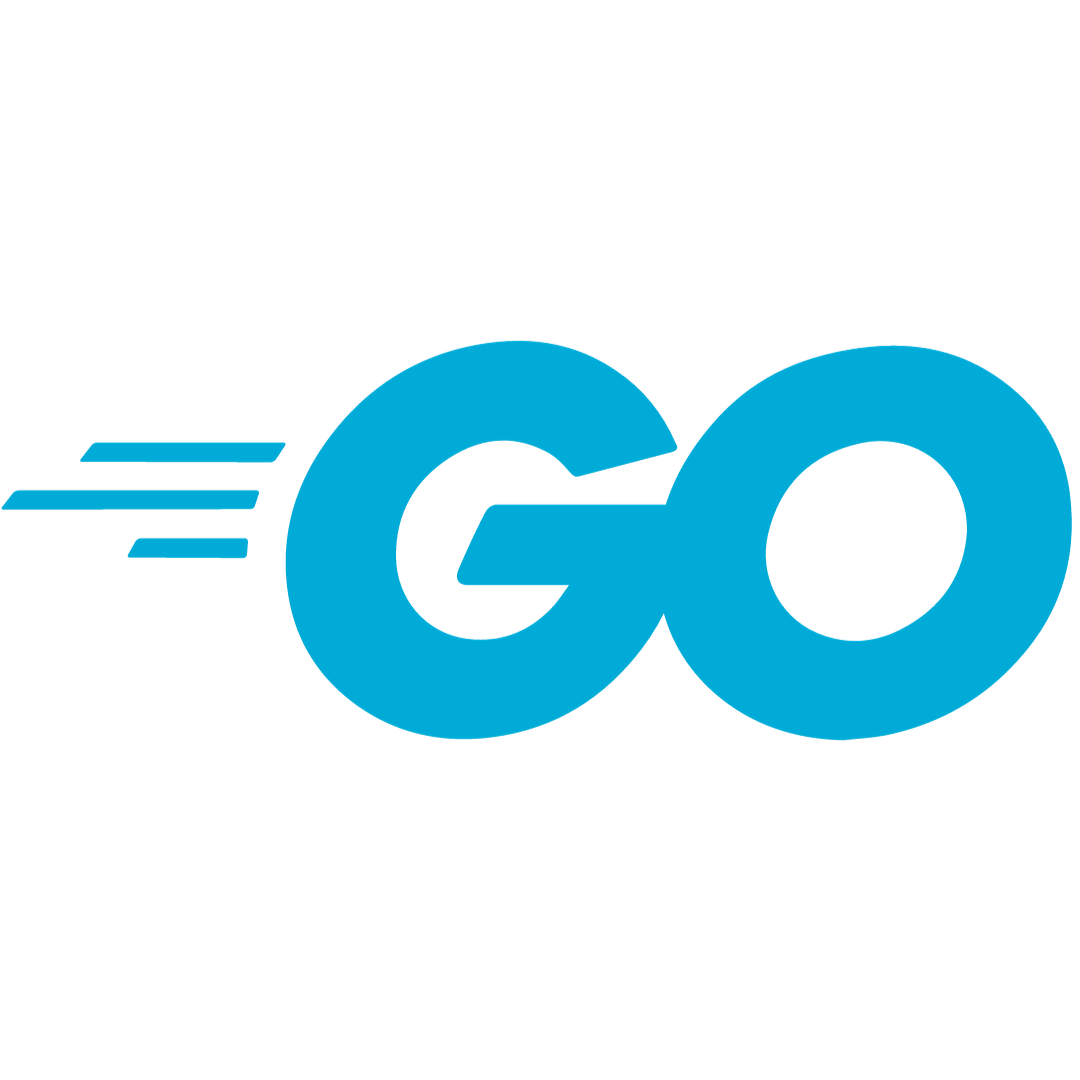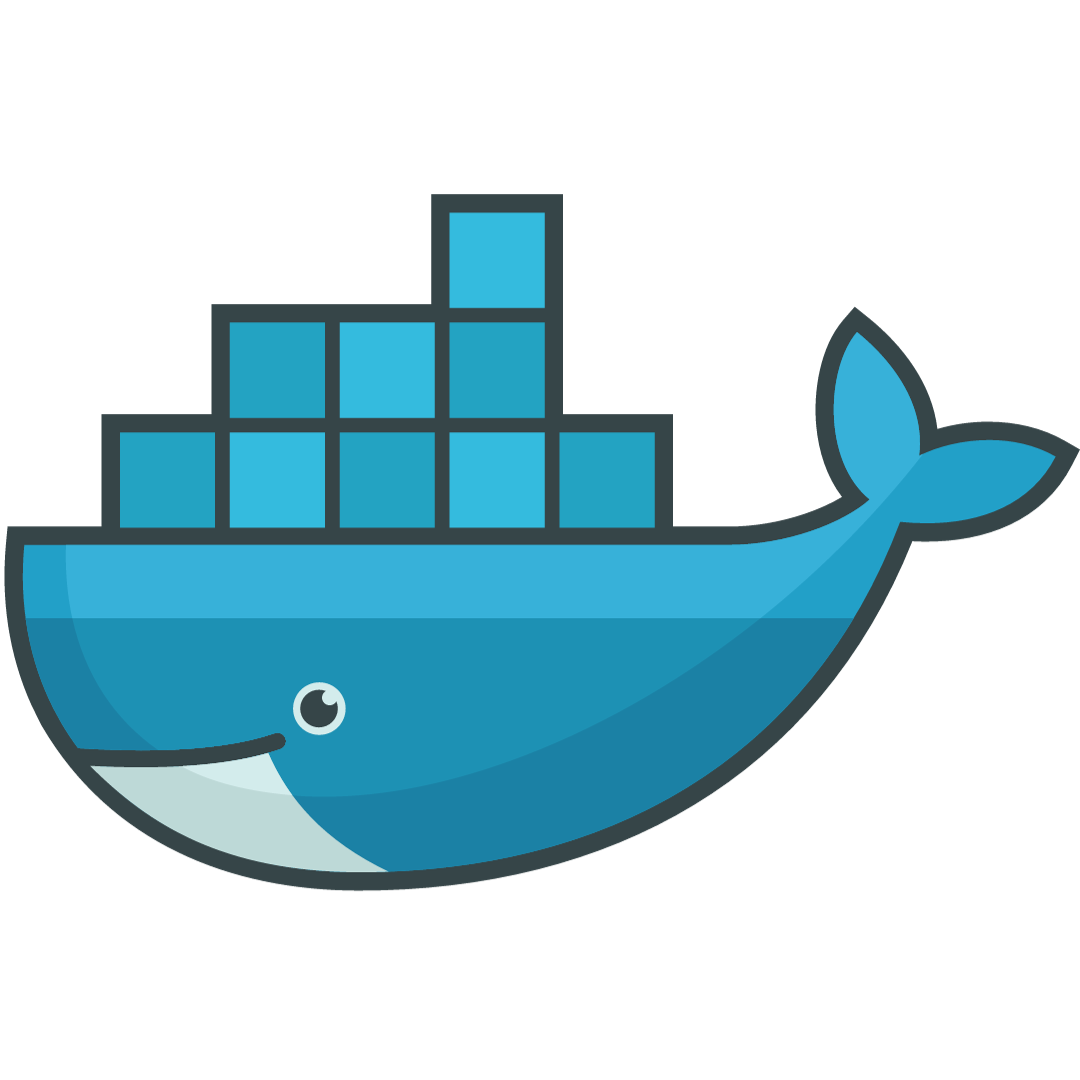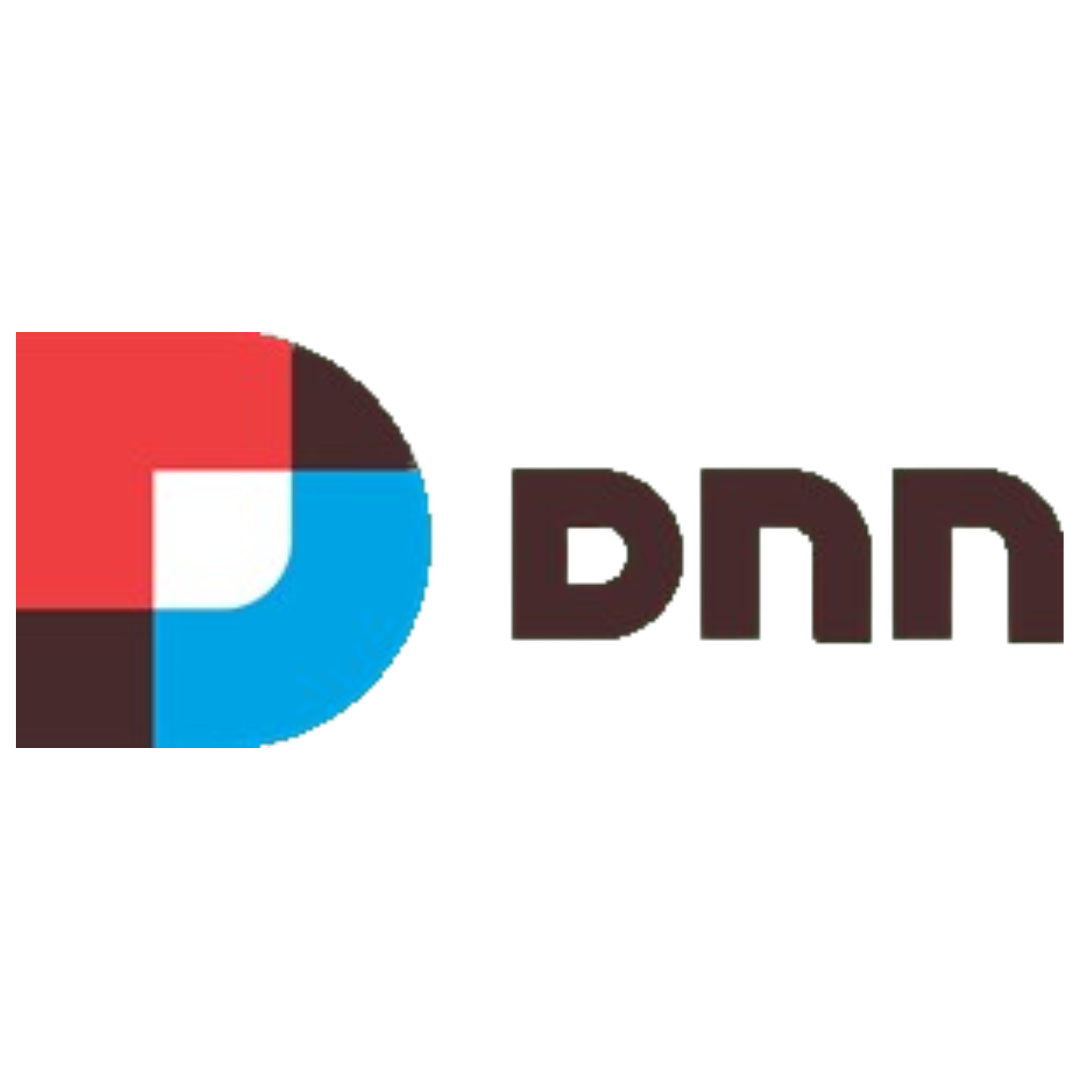
Important Steps We Should Consider While Developing A Mobile App
That is now a thing of the past. With ecommerce explosion and the gradual increase in the number of innovative startups, apps have leapfrogged, entering our lives like never before. From ordering food online to booking a cab, from immersive entertainment to medical consultancy - it is all happening at this very moment, everywhere, and the bridge to these services is “Mobile Applications”.
Even traditional businesses are impressed by an app’s reach and impact.
No wonder then there is a rush to build one. Every reputed Mobile App development company has its hands full of orders. However, a word of caution here – as an entrepreneur, business entity, or a funded startup you need to understand the complexities of building an app. It needs careful planning, and therefore organizations planning to build a complementing application should look at the following steps before hiring a team or contracting the same to a development firm.
Crucial steps one should consider while developing a Mobile App -
What do you want to achieve?
Planning to build an app? Great! Wait a minute; does your business even need one? A service provider such as a food and cab aggregator definitely needs one. On the other hand, does a company selling farm equipment in rural geographies really a candidate for a mobile app? The simple answer is no. Ask yourself how an app will transform your business? Will this new program improves efficiency, make the work process productive or improve customer/vendor relationships? Getting your goals straightened out even before you make your first call to a developer can make a big difference to the success of your mobile app development project.

Competitor Research
Okay, so your organization/startup has decided to go ahead as your business will leverage several inherent mobile features. What next? Do intense market/competitor research. Yes! This is an important step as it will save your business from several developmental and financial hiccups later. Talk to some of the renowned mobile app development agencies. Check out apps that are similar to your niche. Visit Google App Store and Apple Store. Check out your competitor’s apps.
Read their reviews and feedback. It can be an eye-opener for your organization. If the need arises download these apps and study them carefully. Note down their strengths and their weaknesses. Check user recommendations. Make sure you add these suggested changes to your app. Stand out from your competitor app by adding a unique proposition. Remember, you are literally at war with thousands of similar apps in your niche.
Choose a Platform - Android, Apple, or Hybrid?
This one needs intense pondering & research. Address this appropriately and the chances of your business app turning into a success story increase drastically. Research your audience. Do they belong to a class of people with high income or do they typically belong to the general class. Narrow down the geographies. The third world has fewer Apple users than developed economies. If your customers/users fall into the former category then your business should opt for the iOS platform. However, if your target audience is a mixed bag then “Hybrid App” would be your best bet. Businesses also need to understand that Android apps cost more because they need to address a broad range of devices and O.S flavors. The mobile app development cycle for each is quite dissimilar in terms of the number of man-hours.
What is a name?
Everything! Apps are highly brand sensitive. Choose a name / URL of your app carefully, the one that complements not only your organization, service or product but also resonates with trust and intention. It has to be unique so that interested users are not confused when they visit app stores. Define various timelines and milestones. This includes financial, technical, and launch dates. Allocate time and funds. Provide a buffer for every change. Make sure your MVP or minimum viable product parameters are realistic.
In-house or Mobile App Development Company
This step is often considered the easiest. However, it is far from the truth. Choosing between the two is like choosing between the devil and the deep blue sea. Each has its own set of advantages and disadvantages. The idea is to write down their pros and cons, just like a financial ledger, and then opt for the one with more / better benefits. For example, building an in-house team is good for startups such as food aggregators, hotel consortiums, car rental aggregators, etc. These entities cannot rely on third-party support simply because their business is dynamic; ever-evolving and any delay could be catastrophic. On the other hand, a medium-sized ecommerce enterprise is better off hiring a development company. Individuals and creative folks can opt for freelance developers.
Brain Storming Sessions
Brainstorming sessions are typically held within the development team. However, as a business entity looking to build an app for your product/service, you have the right to join such sessions. It is here that some of the development technologies are discussed. Technical architecture, technology stack, API and a host of tools are discussed. Get literate. Ask for clarifications and options. Talk about mobile app maintenance, support, etc. Although these discussions are highly technical in nature, as a customer you have all the right to know about the pros and cons of various embedded technologies.

You can also visit related blogs:


































































comments for "An Interview with Exavibes Services"
Leave a Reply